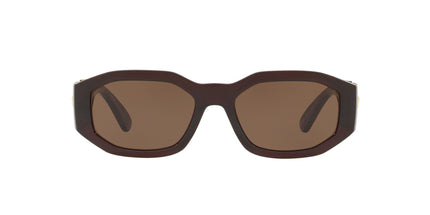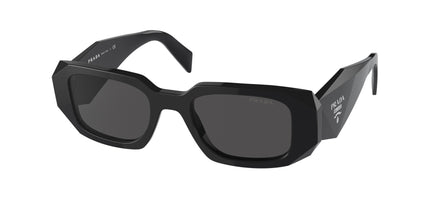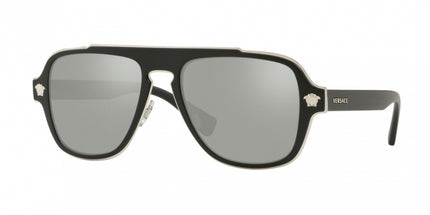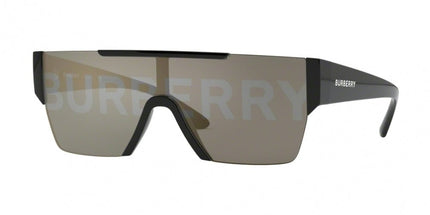Finding the Right Lenses for Your Prescription Sunglasses
 Wearing prescription sunglasses is a great way to protect your eyes from the sun's harmful rays. However, while these eye wear do wonders to our eyes and general appearance, the real challenge lies in finding the right lenses for your sunglasses. With so many different lenses available, it can be difficult to know which ones are best for you.
Wearing prescription sunglasses is a great way to protect your eyes from the sun's harmful rays. However, while these eye wear do wonders to our eyes and general appearance, the real challenge lies in finding the right lenses for your sunglasses. With so many different lenses available, it can be difficult to know which ones are best for you.
Here are a few things to consider when choosing the right lenses for your prescription sunglasses:
The Level of UV Protection
While all prescription sunglasses lenses will provide some level of UV protection, it's important to look for lenses that offer 100% UV protection. This will ensure that your eyes are fully protected from the sun's harmful rays. It will also help keep your eyes healthy and safe from the risk of developing cataracts or other eye conditions.
The Type of Lens
There are many different types of sunglasses lenses available, such as polarized, photochromic, and mirrored. Each type of lens has its own unique benefits. For example, polarized lenses reduce glare, making them ideal for driving or spending time on the water. Photochromic lenses darken in sunlight, making them great for those who need sunglasses for both indoor and outdoor activities. And if you want to reduce the amount of light that enters your eyes, mirrored lenses are a perfect option!
The Size
Just as with regular eyeglasses, the lenses on your prescription sunglasses will come in various sizes. It's important to choose a pair of lenses that fit well on your face and provide adequate coverage.
If the lens is too small, it will not provide enough coverage, and you will still be able to see the sun's rays around the edges. This can be very dangerous, as it can potentially damage your eyes. On the other hand, if the lens is too large, it will be heavy and uncomfortable to wear. It is important to find a balance between these two extremes to get the best possible vision from your prescription sunglasses.
The Color
Prescription sunglass lenses come in various colors, each with its own benefits. For example, brown or amber lenses tend to be good for driving as they help to reduce glare and improve contrast. Blue or grey lenses are ideal for outdoor activities as they provide better overall vision. And if you're looking for a fashion-forward option, mirrored or gradient lenses are always in style.
The Tint
Still on the topic of color, it's important to consider the tint of the lenses as well. The level of tint will determine how much light is blocked from reaching your eyes. A lighter tint will allow more light to pass through, while a darker tint will block out more light. If you plan on being outdoors for long periods, a darker tint is generally better.
The Material
Prescription sunglass lenses can be made from various materials, each with its advantages and disadvantages. For example, glass lenses are scratch-resistant, but they're also heavy and breakable. Polycarbonate lenses are lighter and more durable, but they're also more prone to scratches. And finally, CR-39 lenses are the most affordable option, but they're not as durable as the other two options.
The Price
Sure, you want a lens that will provide the right protection for your eyes and still make you look chic. However, that doesn't mean you have to spend a fortune. There are many affordable options available that will still provide you with the quality and protection you need.
At the same time, choosing the cheapest option may not give you the best quality-- you may end up with substandard lenses that will not do much for you. If you want to enjoy your new prescription sunglasses for years to come, research your options and find lenses that offer both style and value.
Keep these things in mind when choosing lenses for your prescription sunglasses, and you'll be sure to find the perfect pair for you. With the right pair of sunglasses, you'll be ready to take on the world.
















 Back to Blog Page
Back to Blog Page









